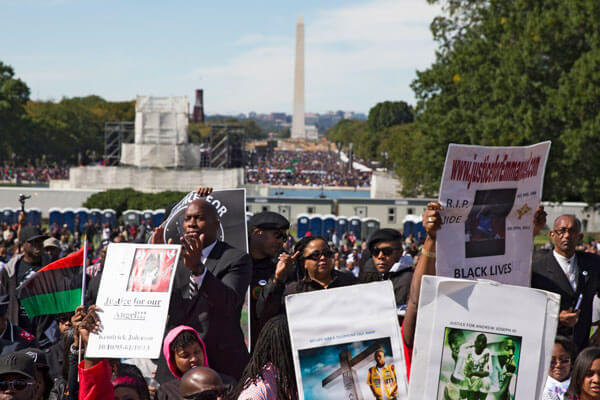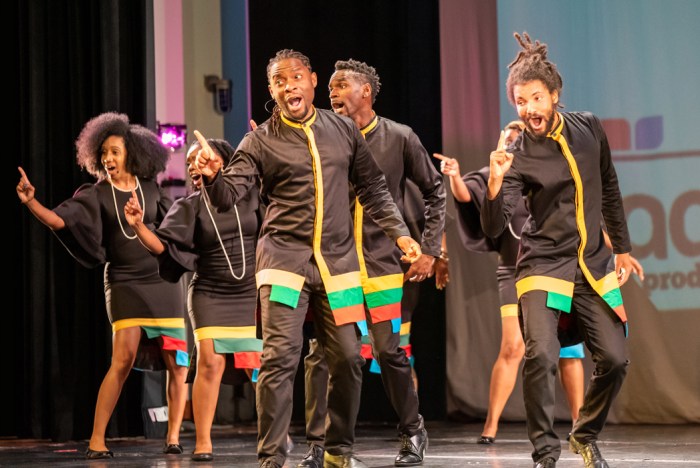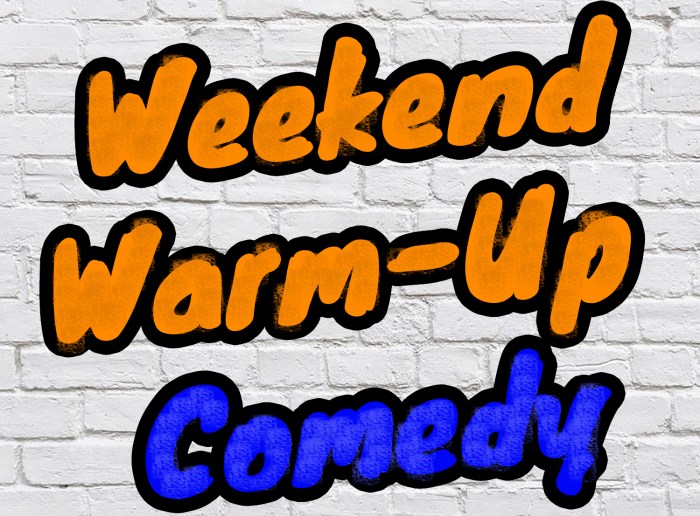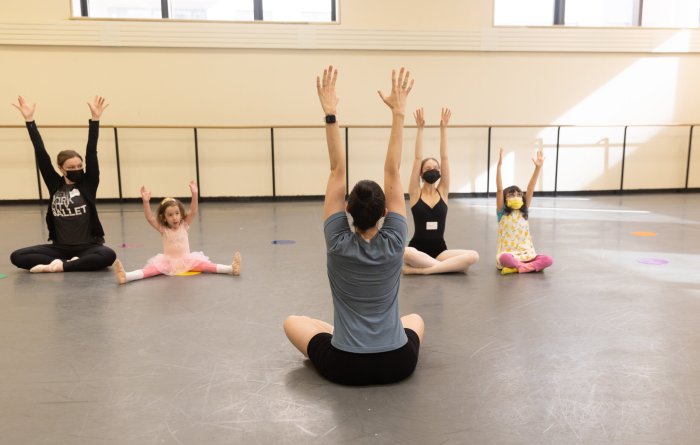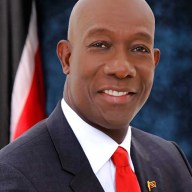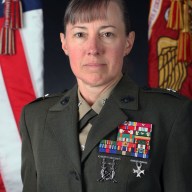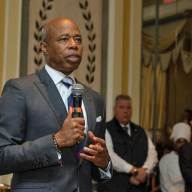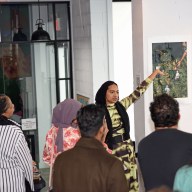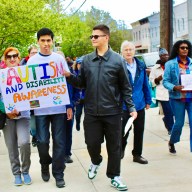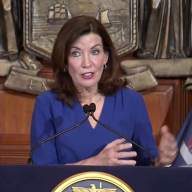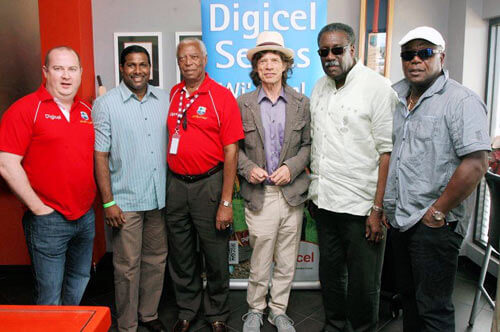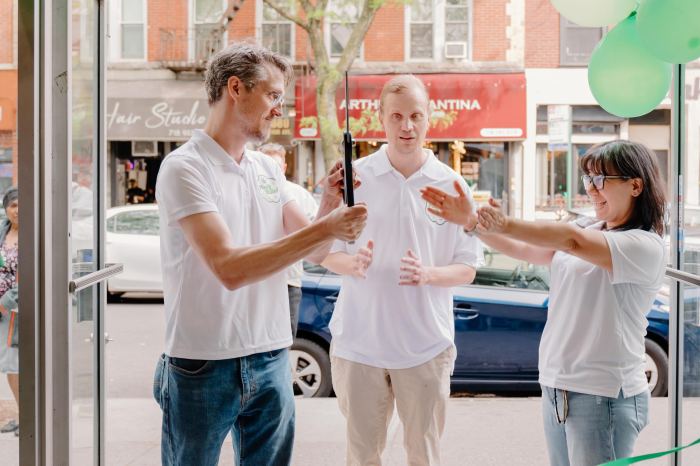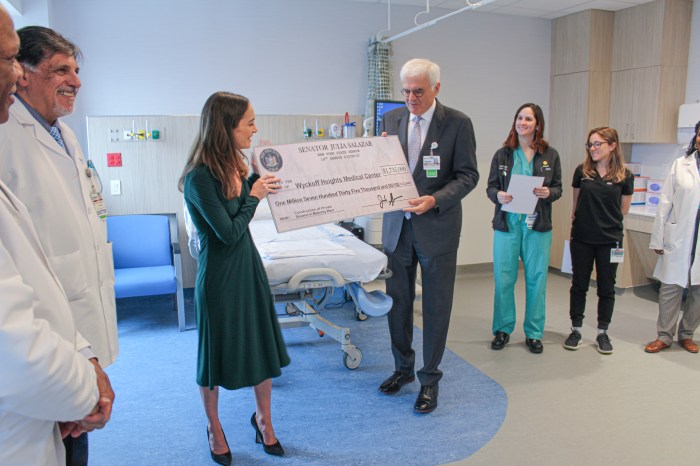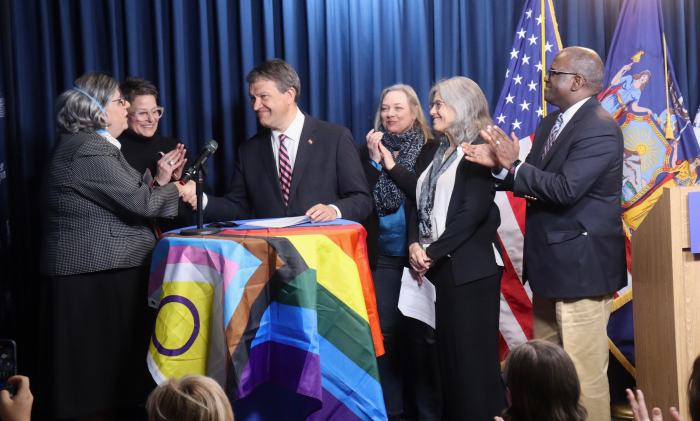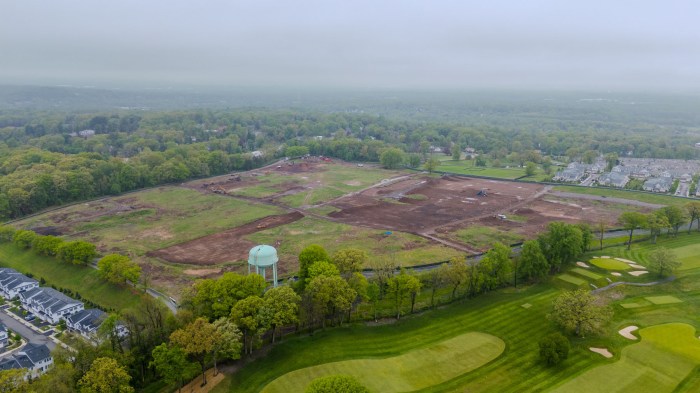A media black-out of the largest gathering of Black men in America recently did not deter thousands of Black Americans — predominantly Black men – to pack the National Mall in Washington D.C. on Oct. 10 to commemorate the 20th anniversary of the Million Man March.
The 10/10 commemorative assembly registered attendance from virtually every state in the union with impressive numbers accounting for seniors, the youth, children, Hispanics, Native Americans, soldiers and predominantly Black men, repeating the historic assembly initiated on Oct. 16, 1995 in response to a call from the Nation of Islam and its leader Minister Louis Farrakhan to address a number of inequities and wrongdoings against women.
That initial, history-making event also implored Black men to atone for their misdeeds, reconcile with their loved ones and take responsibility for their actions.
Although atonement was the theme, the MMM provided the impetus for thousands to board buses, trains, planes and cars in order to address concerns related to poverty, unemployment and poor housing.
Two decades later, the theme was “Justice…or else” and with far less media attention than the first, thousands poured a yet-to-be verified million or more participants.
Numbers attending last weekend’s anniversary celebration were certainly impressive.
Given that weather conditions favorably accommodated the crowds, Black men travelled from as far away as the Caribbean and California to join thousands more; women, Caucasians and groups representing numerous nationalities and a myriad of races.
After the first historic event, reports varied on the exact number of men that responded to the call.
D.C. police claimed crowd attendance to be less than half a million.
Their assessment of 400,000 was vociferously discredited with allegations that the undercounted figures stemmed from racial indignation.
The range of disparity varied from MMM organizers estimating that two million attended to ABC News projecting the official count to be 850,000.
After much criticisms and complaints, the police department has since refrained from estimating crowd numbers in the nation’s capital.
This time around, Haitians represented in large numbers.
There in front of the domed US Capitol building, French-creole, Caribbean nationals demonstrated a presence against the decision by the government of the Dominican Republic to deport Haitians.
That the two countries once shared a borderless island called Hispaniola — before splitting into a divide of Spanish and French-creole languages — was not negated from the conversation that invited everyone.
Haiti was part of the agenda.
Minister Farrakhan spoke at length about the plight of the Haitian people.
He made the Caribbean diasporan issue one of concern to his NOI.
Another of the topics the leader emphasized was the fact Blacks faced unemployment at nearly twice the rate of Whites and for 16-19-year-old Blacks, the unemployment rate jumped to more than 50 percent.
He said, more than 40 percent of Blacks lived at or below the poverty rate and the Black family income was about 58 percent that of white households.
Last year, the unemployment rate was still 11.4 percent for Blacks — double that of white unemployment at 5.3 percent.
When it comes to poverty, 27 percent of Blacks still live at or below the poverty level — which is almost three times the rate of whites at 10 percent. The Hispanic poverty rate is 24 percent.
Without a doubt, the biggest issue facing Black Americans currently is police violence. The succession of Blacks killed by police officers has risen to alarming rates.
According to the Guardian web portal in its recently released findings in a five-month analysis of police shootings revealed that:
“Black Americans are more than twice as likely to be unarmed when killed during encounters with police as white people”
“32 percent of Black people killed by police in 2015 were unarmed, as were 25 percent of Hispanics, compared with 15 percent of white people killed.”
“The figures illustrate how disproportionately Black Americans, who make up just 13 percent of the country’s total population according to census data, are killed by police.”
Consistent with a 1995 broadcast commitment to a national viewing audience, C-Span again provided all-day, live television coverage of the event.
Back in the last century when the initial gathering called the biggest gathering of Black men ever in America, virtually every network outlet beamed the proceedings which featured poet Maya Angelou, Isaac Hayes, Stevie Wonder, MC Hammer and other celebrities.
“It’s mind boggling,” comedian/activist Dick Gregory said at the time.
“I’m just so glad my three sons are here to share this because it’s almost something you can’t describe. If you are not here, there is no English language, no nothing language that can tell you about this.”
As a reporter, I was privileged to spend some time with Speech, lead singer of the then red-hot pop group Arrested Development. The DC-based group at the time was highly regarded for voicing poetry and expressions of concern for the plight of Blacks in America.
Tasked to cover the event, I urged Phillip “Fattis” Burrell, a prominent music manager to stop-in to the gathering with Luciano, a popular, Jamaican reggae artist he managed and was then here to launch his recording career.
Together, they represented Jamaica, Rastafarians and the reggae music genre.
Needless to say, this insider fielded the massive turnout for the unlikeliest crowds — Caribbean nationals, women and entertainment personalities.
It was an effortless cause, flags of many nations, T-shirts and other accessories boasted a rainbow of Caribbean national and their numerous concerns.
“I give credit to Louis Farrakhan. He did call this march, despite whatever the press wants to say…but it signals for Clarence Avant that it’s now time for Black Americans to learn how to count… when you learn how to count, you learn how much power you’ve got,” Clarence Avant, Chairman of Motown Records said.
Spotted among the throngs this time were celebrated rappers Common and Snoop Dogg.
Reportedly, Professor Cornel West, Jeezy, J.Cole, Jay Electronica, Russell Simmons, Dave Chappelle and Sean “P-Diddy” Combs also attended.
In order to subsidize the massive undertaking actors Will and Jada Pinkett Smith helped the cause by donating a check for $150,000 to the MMM movement.
Catch You On The Inside!


